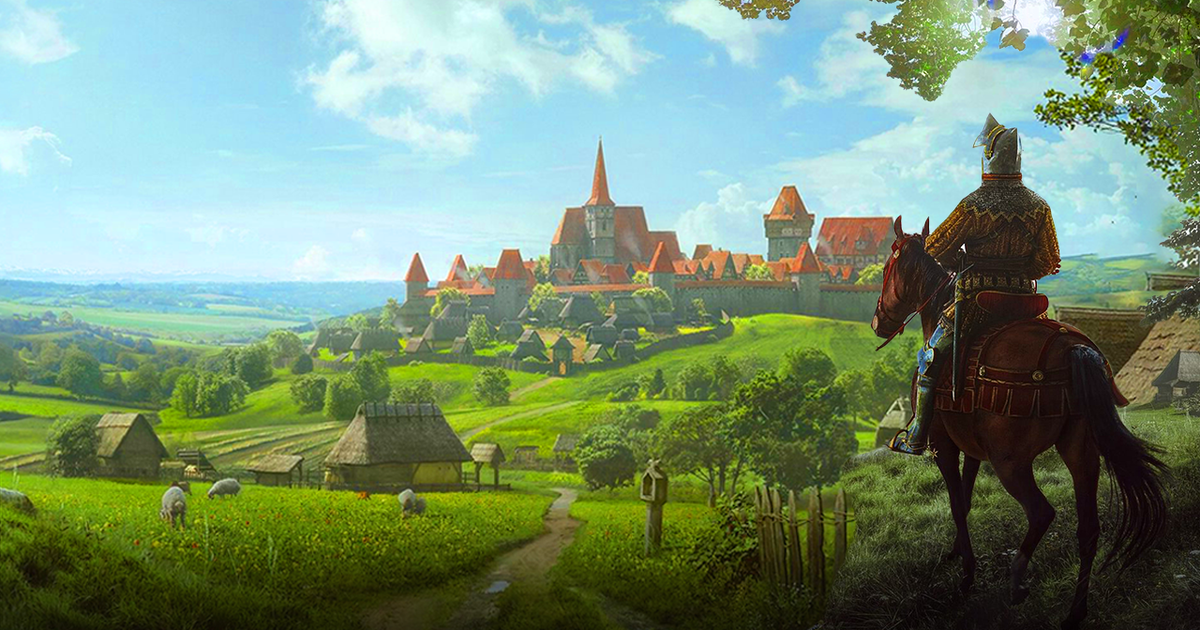- cross-posted to:
- games@sh.itjust.works
- cross-posted to:
- games@sh.itjust.works
This really does not sound healthy. The game is released, for a certain amount of money. If people don’t like what they get for their money, they simply should not buy it.
But by now gamers have been so trained to expect to endless content treadmills and all their ilk like mtx and battle passes that publishers/developers get egged on if they don’t work on their game 24/7 and forever.



There used to be an unspoken contract with game developers and gamers:
Somewhere that evolved into shipping unfinished games, subscription based games, battlepasses, endless DLC, loot boxes, and forced online connections for single player games.
The game studios broke the contract. If they want endless money, that comes with endless work.
Because it is a much safer investment to send out a 50% costed demo to see if you can break into the market then trickle out updates to make up the rest of the cost
If your demo doesn’t land then you’ve saved half the cost of a full project that would fail anyway
Good luck trying to win market share with a half baked game.
That’s why I’m really glad to see Hooded Horse and Greg Styczeń have this mindset, and that they’re actually speaking out against the GaaS mentality. They’re going back to the unspoken contract and saying the current status quo is stupid.
The headline is poorly chosen. They aren’t saying that studios should be earning endless money without work. They’re saying the GaaS model to try and earn endless money is putting devs on a treadmill, and that this shouldn’t be the case.
I hope to see more like this going forward. I don’t think gamers nor developers are a fan of GaaS trying to stay constantly relevant.
While I agree with this for bigger game companies the problem is people apply the attitude of deserving infinite content to smaller games as well even if they don’t participate in all the things you talked about. For example with Manor Lord the only thing from what was listed that might apply is it being unfinished since it’s in early access. And while that does come with an expectation of more content the speed people expect it at is wrong especially since this game is basically being made by one person.
I appreciate the solo developer, and that they are doing most everything else right, but he opened this can of worms because he sold early access. He could have chosen to wait until the game was finished to release it, but I imagine wanted the money up front from early access to help finance the development.
If you release unfinished, you open yourself up to your customers wanting it finished, and also wanting a say in how it gets developed. I’m not saying he doesn’t have a right to sell via early access, but he brought this on himself.
Exactly and now they found that doesn’t work, they’re blaming the consumer, again, for things that are their own fault.
Agreed.
The contract was broken as soon as devs and publishers started pushing the digital download lies, because if you buy the game digitally they wont have to pay for shipping, boxes, manuals, cds, storage, etc etc etc, so the games will cost less and the devs/pubs will still manage to make more money on it than they ever would have otherwise!
and now we have 70-80 dollar charges for the standard, base version of games, with triple digits for the super mega special elite deluxe ultra edition. And you don’t even get to own the fucking game, cause sony and ubisoft have both shown zero issue with going into your account and removing things you’ve bought.
You highlight another point in the unspoken contract:
That’s gone too.
Which is what digital downloads was actually all about.
Killing the second hand market in the belief and hope that those people buying the used copy for 5 bucks, will come to the dev/pub directly and spend the 60 bucks on it brand new.
Which is why some degree of chaotic lawlessness (as in pirate disks being sold near subway entrances) is good for humanity and good for the market.
And there’s no inherent moral value in intellectual property or copyright, so only whether it’s ultimately better or worse to have it is important.